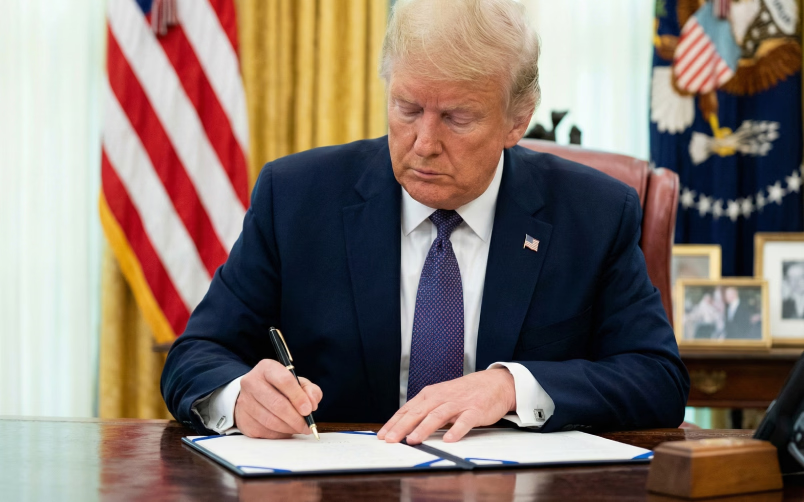Buds + Business

Explore the best cannabis dispensary scheduling tools. Learn how the right software improves compliance, labor costs, and operations across multiple locations.
Read more

FEATURED
Top 2026 Toronto Cannabis Events
From festivals to conferences, Toronto’s cannabis scene offers 2026 opportunities to connect, showcase, and thrive in Canada’s biggest market.
Read more

Stay Up to Date
Sign up for our newsletter to get the latest news in the cannabis industry.
SIGN UP NOW
Thank you! Your submission has been received!
Oops! Something went wrong while submitting the form.

Dispensary Scheduling Tools: A Practical Comparison for Multi-Location Cannabis Operators
Explore the best cannabis dispensary scheduling tools. Learn how the right software improves compliance, labor costs, and operations across multiple locations.
Cannabis Software

Top 2026 New York Cannabis Events
Top 2026 New York cannabis events for operators, brands, and investors to network, learn, and grow in the Empire State’s legal cannabis market.
Cannabis Industry

Top 2026 Toronto Cannabis Events
From festivals to conferences, Toronto’s cannabis scene offers 2026 opportunities to connect, showcase, and thrive in Canada’s biggest market.
Cannabis Industry

Best Cannabis Events in California 2026: The Complete Industry & Culture Guide
Discover California’s Top 2026 cannabis events for dispensaries, featuring networking, trends, and insights while streamlining payroll and workforce management.
Cannabis Industry

Top 2026 New Jersey Cannabis Events
Discover the top New Jersey cannabis events of 2026, including B2B trade shows and consumer festivals shaping the state’s growing cannabis industry.
Cannabis Industry

Top 7 Payroll Platforms for Multi-Location Dispensary Operators
Explore the best payroll software for cannabis dispensaries and see which tools simplify compliance, payroll automation, and scaling.
Dispensary Payroll

Trump Signs Executive Order Rescheduling Marijuana to Schedule III: What It Means for the Cannabis Industry
Trump signs an executive order moving marijuana to Schedule III, ending 280E tax penalties and reshaping cannabis taxation, compliance, banking, and the investm
Cannabis Laws

Ten Years of Tax Freedom: San Francisco’s Cannabis Comeback
San Francisco’s cannabis tax halt may revive California’s legal cannabis market, offering a blueprint that curbs illicit sales and supports licensed operators.
Cannabis Industry

Celebrating the Winners of The Emjays: A Night of Innovation, Community, and Cannabis Industry Excellence
Celebrating The Emjays 2025 winners: innovators, brands, and leaders shaping the cannabis industry with creativity, excellence, and community.
Cannabis Industry

Ready to Save Time and Money?
Streamline your cannabis business’s operations today.
GET STARTED NOW